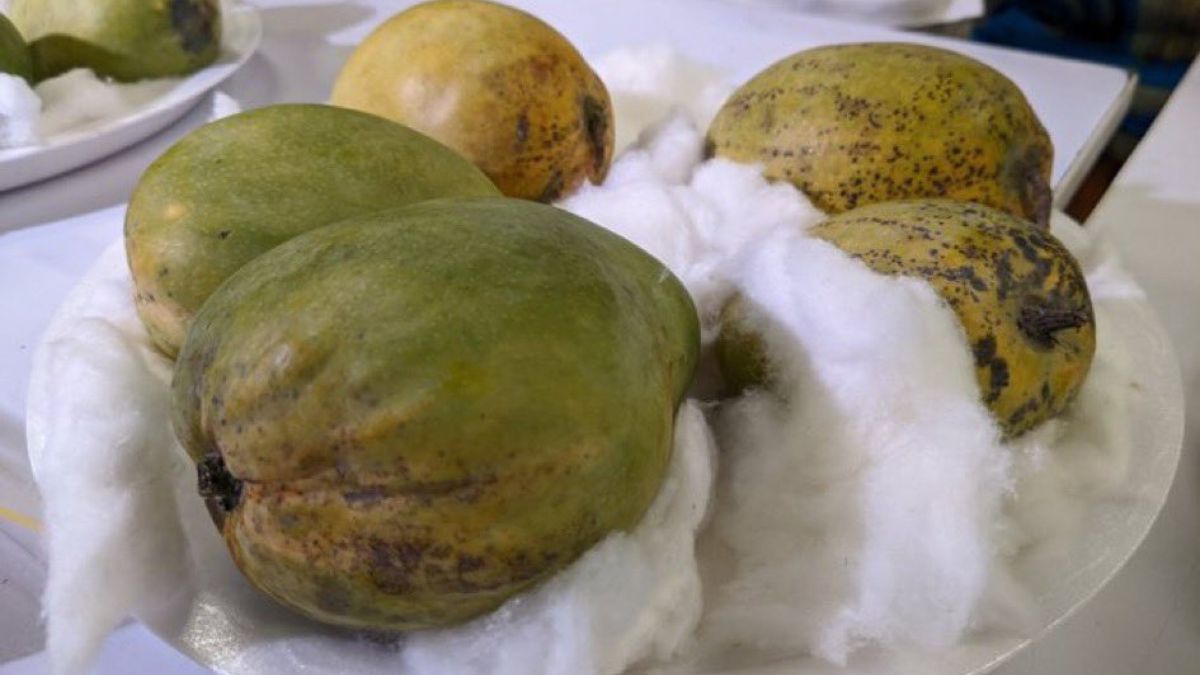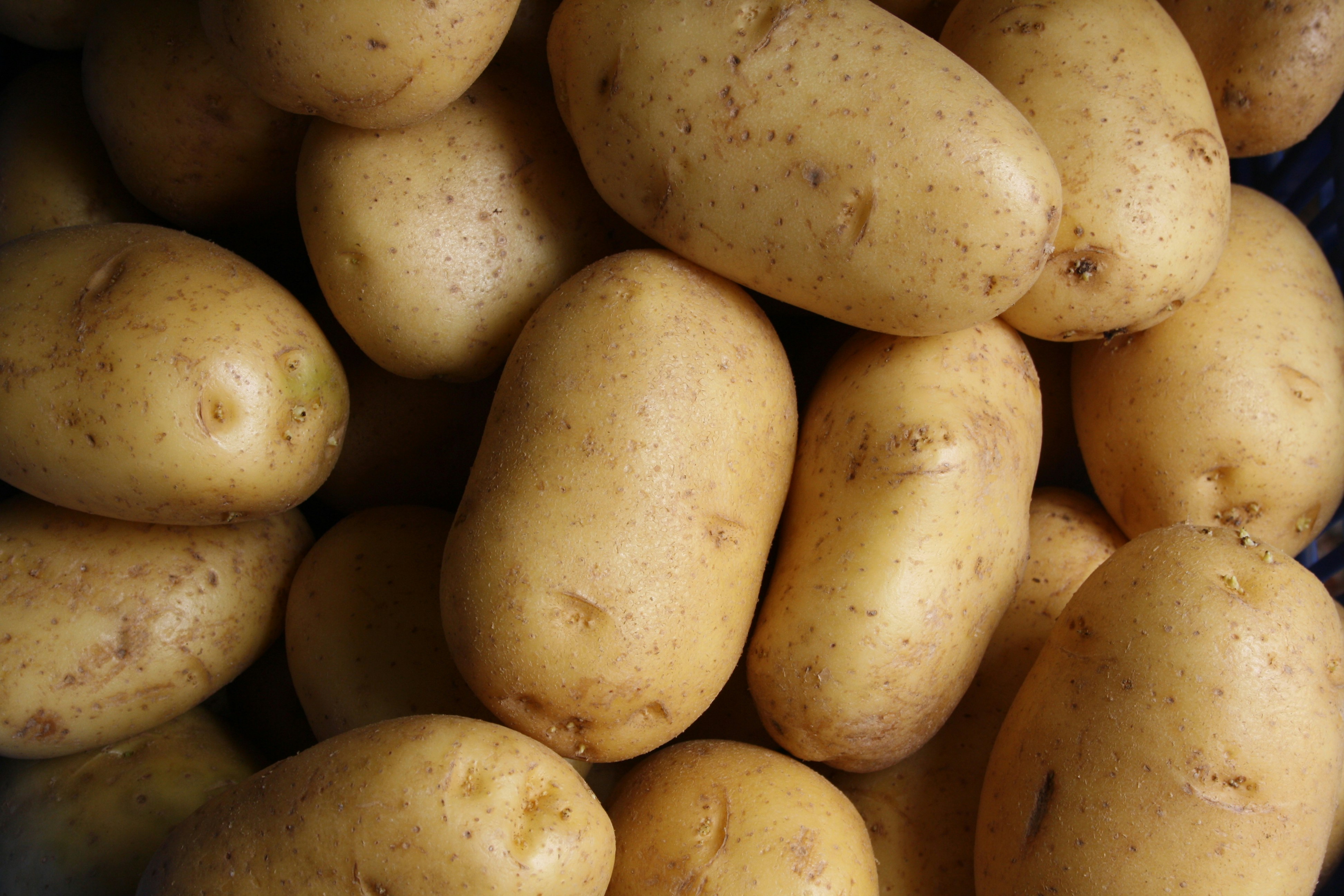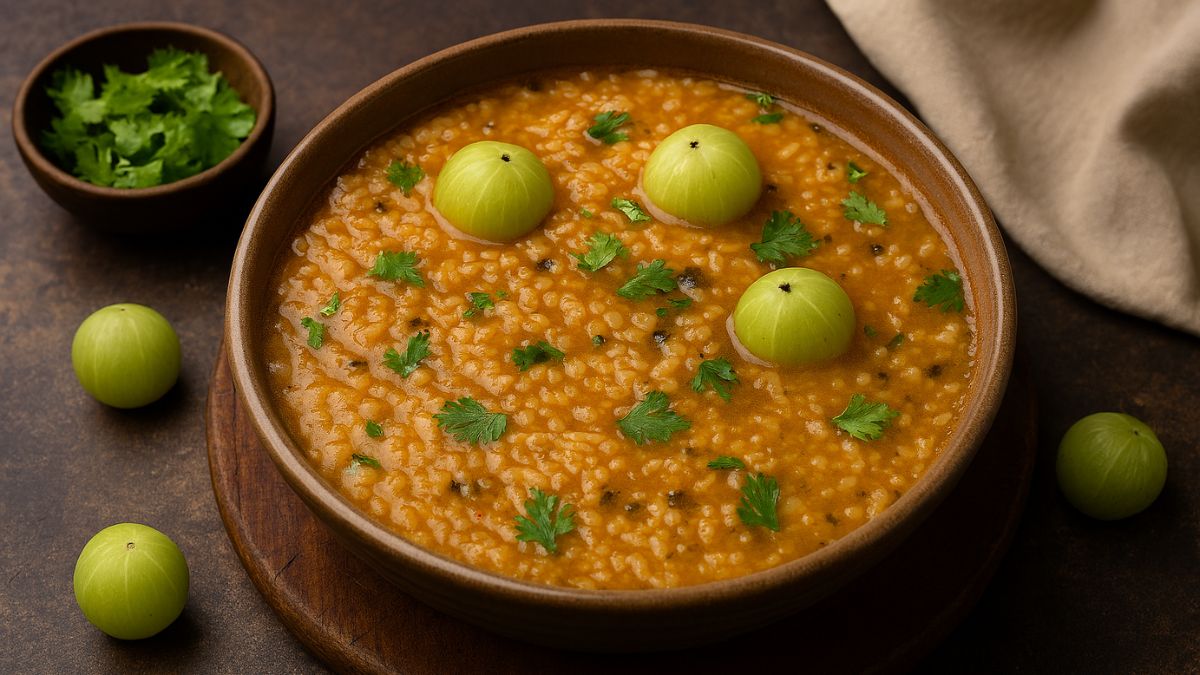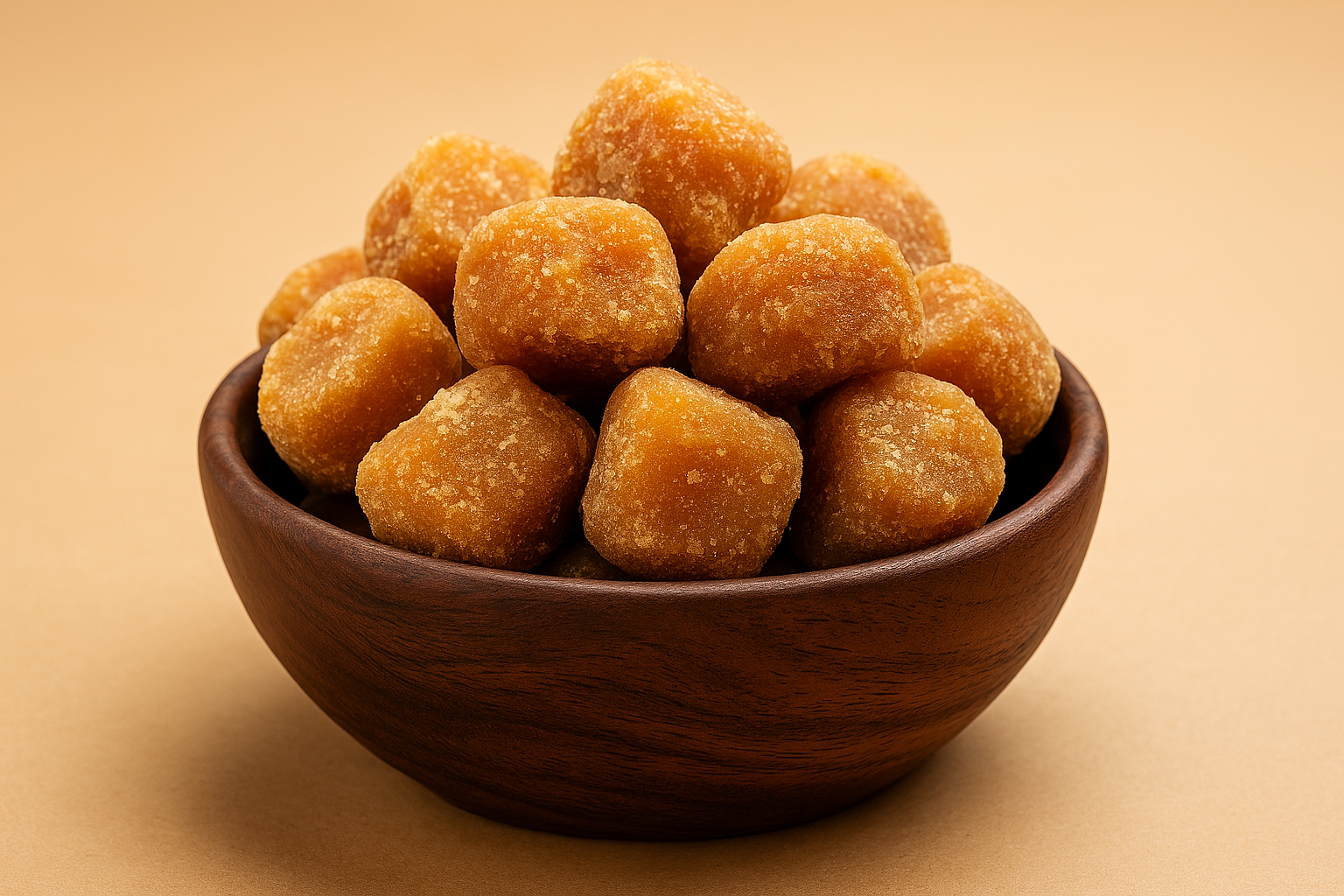Kitchen is my sanctuary. It's where I experiment with flavours, find comfort in familiar recipes, and create delicious memories. But over the years, I've learned a crucial lesson: not everything in our kitchen is as benign as it seems. Tucked away in drawers, piled on counters, or hidden in cabinets are a few common items that seem harmless but can pose a risk to our health. It's time for a kitchen detox. Let's talk about the toxic items that might be in your kitchen as well, and should be discarded immediately.
Also Read: 5 Mistakes You're Unknowingly Making While Washing Dishes
Here Are 7 Toxic Kitchen Items You Should Throw Out
1. Old Non-Stick Cookware
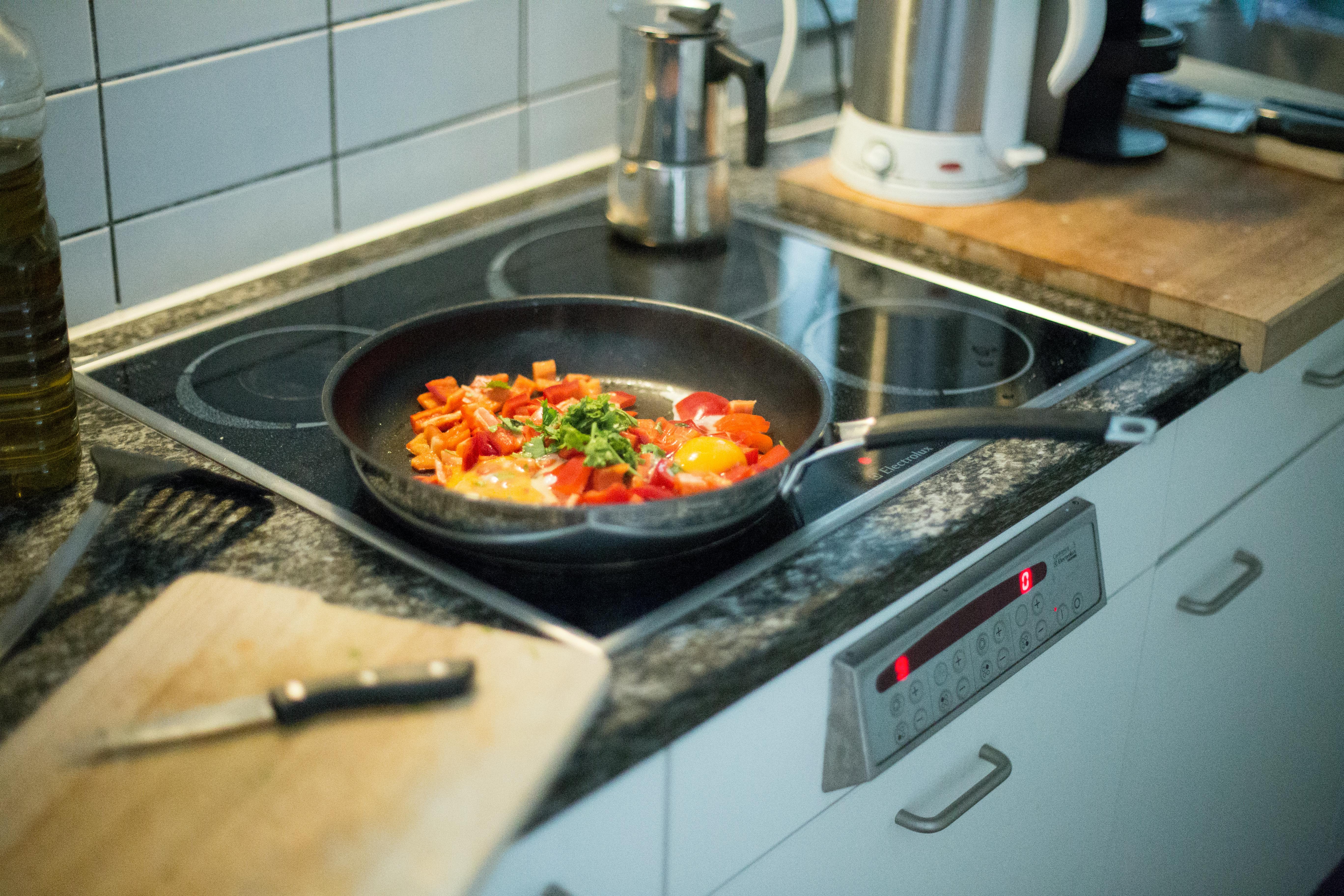
If your non-stick pan is chipped, it's best not to use it.
That scratched and flaking non-stick pan sitting in your cabinet? It's time to let it go. Most non-stick cookware is coated with Teflon (polytetrafluoroethylene), which can release toxic fumes when overheated or degraded. These fumes have been linked to flu-like symptoms known as "Teflon flu." If your non-stick pans are more than five years old or visibly scratched, replace them with ceramic, cast iron, or stainless steel alternatives. Here are other signs that scream it's time to get rid of your non-stick pan.
2. Plastic Containers with BPA
Many older plastic food containers, bottles, and lids contain BPA (bisphenol A), a chemical that can leach into food and disrupt hormones. Even BPA-free plastics can break down over time, especially when heated in the microwave or dishwasher. The safer bet? Ditch plastic altogether and switch to glass or stainless steel storage containers.
3. Chipped or Cracked Ceramic Dishes
That vintage dinner plate or pretty mug with a tiny chip may seem harmless, but it could be hiding lead-based glaze. Many older ceramics and imported tableware are not compliant with current food safety standards and may leach lead, especially when used to heat or serve acidic foods. Discard anything chipped, cracked, or unlabelled.
4. Sponges and Dishcloths
Your kitchen sponge may be dirtier than your toilet seat. Studies have shown that sponges can harbour millions of bacteria, including E. coli and Salmonella. If it smells even slightly musty, it's a warning sign. Replace sponges weekly or switch to silicone scrubbers, which are more hygienic. Wash dishcloths after a single day's use.
Also Read: How To Prevent Grease Build-Up In Kitchen: 5 Easy Tips For A Sparkling Kitchen
5. Aluminium Utensils and Foil (Overused)
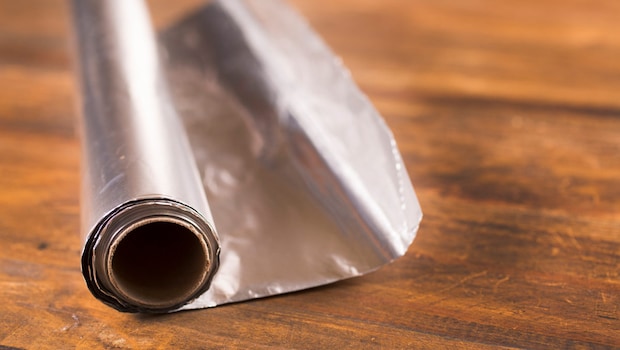
Aluminium foil is not the best thing to pack your food.
Aluminium cookware and foil, especially when used with acidic foods like tomatoes or vinegar, can leach metal into your food. High levels of aluminium exposure have been linked to neurological issues. While occasional use is fine, avoid cooking or storing food in aluminium, and never use damaged aluminium pots.
6. Worn-Out Plastic Cutting Boards
Knife grooves on plastic cutting boards are breeding grounds for bacteria. Even a good scrub can't reach the micro-cuts where germs hide. Replace heavily scored boards regularly, or opt for wooden boards- they're naturally antimicrobial and last longer with proper care.
7. Expired Spices and Oils
While not exactly "toxic," expired oils can become rancid, and old spices lose potency and may harbour mould. Check the smell-if your oil smells bitter or your spices have no aroma, it's time to toss them. Store them in airtight containers away from heat and light.
A healthy kitchen isn't just about what you cook-it's also about how and with what you cook. Periodically reviewing your kitchen tools and replacing harmful or expired items is an easy yet essential step toward protecting your well-being. Clean out those cupboards-you might be surprised at what's been hiding in plain sight.
About Neha GroverLove for reading roused her writing instincts. Neha is guilty of having a deep-set fixation with anything caffeinated. When she is not pouring out her nest of thoughts onto the screen, you can see her reading while sipping on coffee.

